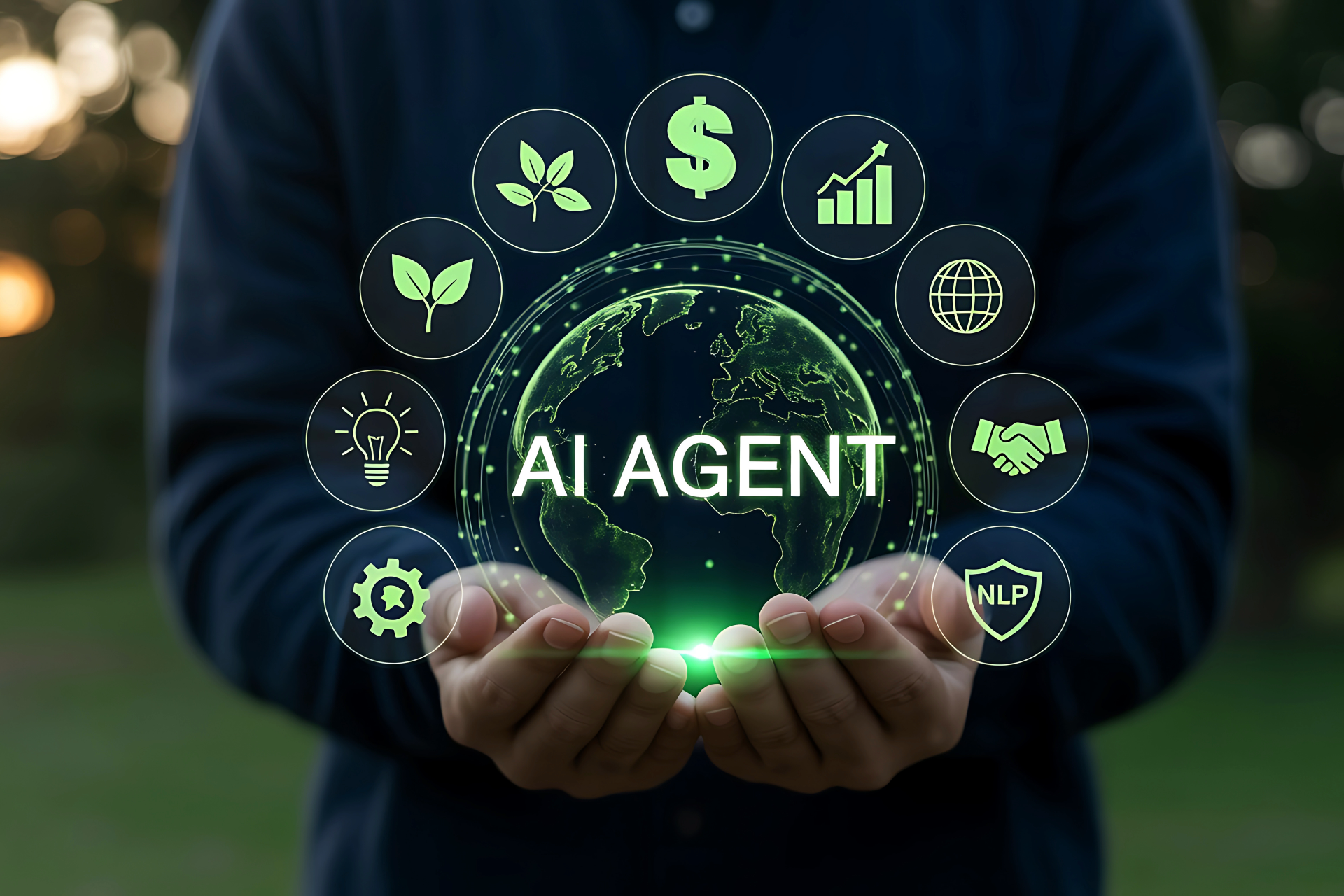Insight AIHealth: Exclusive Tool for Better Outcomes
Insight AIHealth at the Doctor’s Side: Faster Decisions, Better Outcomes
Insight AIHealth at the doctor’s side represents a significant evolution in healthcare technology, bridging the gap between complex data analysis and improving patient care. By integrating advanced artificial intelligence algorithms into clinical practice, healthcare professionals can make faster, more accurate decisions, leading to enhanced patient outcomes. This article will delve into how AIHealth is reshaping the medical landscape and the multitude of benefits it brings to both doctors and patients.
The Role of AI in Healthcare
In recent years, artificial intelligence has found its way into various sectors, with healthcare being one of the most transformative. AIHealth enables physicians to analyze vast amounts of data quickly and effectively, offering insights that would be impossible to gather manually. This technology utilizes machine learning, natural language processing, and data mining to provide healthcare professionals with tools that aid in diagnostics, treatment planning, and monitoring patient progress.
Streamlining Diagnostics
One of the standout features of Insight AIHealth is its capability to assist in diagnostics. Traditional diagnostic processes can be time-consuming and fraught with errors. AI algorithms can analyze medical images, lab results, and patient histories in seconds, identifying patterns that might elude even the most experienced professionals. For instance, in radiology, AI tools can detect anomalies in X-rays or MRIs with remarkable accuracy, allowing physicians to act swiftly.
The introduction of AIHealth in diagnostic procedures not only expedites the process but also enhances reliability. By reducing human error and increasing the repertoire of diagnostic insights, healthcare professionals can ensure that patients receive timely and appropriate care.
Enhancing Treatment Plans
Integration of AIHealth also extends to personalized medicine. Understanding that no two patients are alike, the AI tools analyze a patient’s unique genetic makeup, lifestyle, and health history to tailor treatment plans specifically for them. This level of customization aids in selecting the most effective treatment options while minimizing the potential side effects associated with more generalized approaches.
By utilizing Insight AIHealth’s capabilities, physicians can continually adjust treatment protocols based on real-time data, ensuring that the patients are on the best path for recovery. Whether it’s a matter of altering medication dosages or planning palliative care, having AI at their side empowers doctors to make decisions backed by data-driven insights.
Facilitating Ongoing Monitoring
Another significant advantage of Insight AIHealth is its role in ongoing patient monitoring. With wearable health technologies and continuous data collection, AI systems can provide updates on a patient’s condition over time. This continuous analysis means that doctors can remain informed about changes in a patient’s health status, allowing for rapid response in situations where an immediate intervention is necessary.
For chronic illness management, the benefits of constant monitoring through AIHealth cannot be overstated. Patients with conditions such as diabetes can have their glucose levels monitored continuously, and deviations can trigger immediate alerts for both the patient and the healthcare team.
Reducing Burnout Among Healthcare Professionals
The implementation of AI technologies not only benefits patients but also serves to alleviate some of the pressures faced by healthcare providers. With AIHealth handling data-heavy duties like documentation and simplifying the information overload, doctors can focus on patient interactions and critical thinking tasks that require human expertise. Indeed, this technology can help reduce burnout, increasing job satisfaction and leading to better patient care overall.
Future Implications of Insight AIHealth
As AI continues to evolve, its integration into healthcare is expected to grow, paving the way for even more advances. Future developments may include greater interoperability between healthcare systems, allowing for seamless sharing of patient data across various platforms, which is critical for holistic patient management.
Moreover, deep learning capabilities are likely to become even more sophisticated, enabling AIHealth to not just assist doctors but also predict health issues before they arise, thus shifting the paradigm from reactive to proactive care.
Conclusion
The introduction of Insight AIHealth at the doctor’s side is more than just an advancement in technology; it signifies a new chapter in healthcare that prioritizes faster decision-making and better patient outcomes. By enhancing diagnostics, personalizing treatment plans, enabling continuous monitoring, and reducing physician burnout, this innovative tool is redefining the standards of care. As we look to the future, the ongoing integration of AI promises a healthier tomorrow, one where both patients and healthcare professionals thrive.








